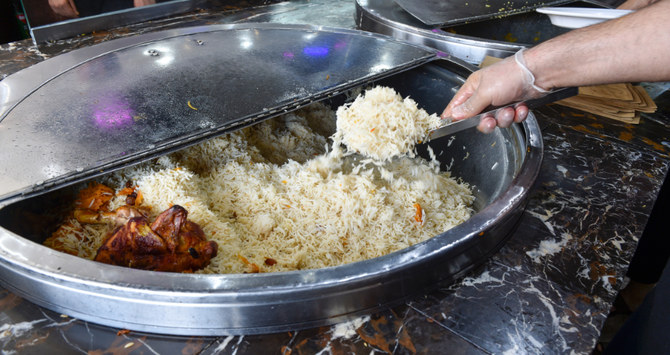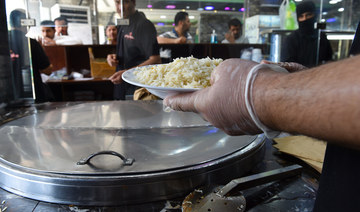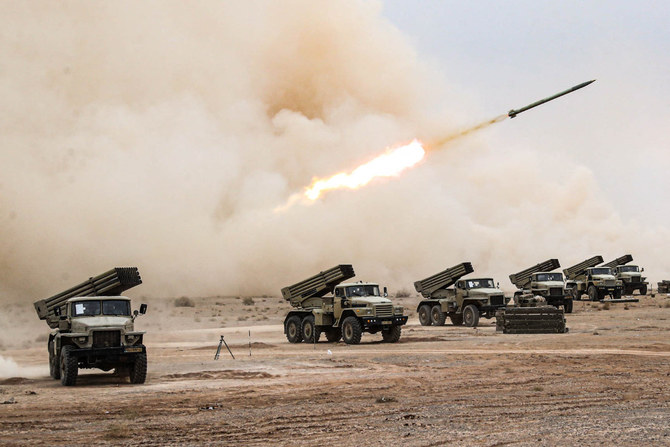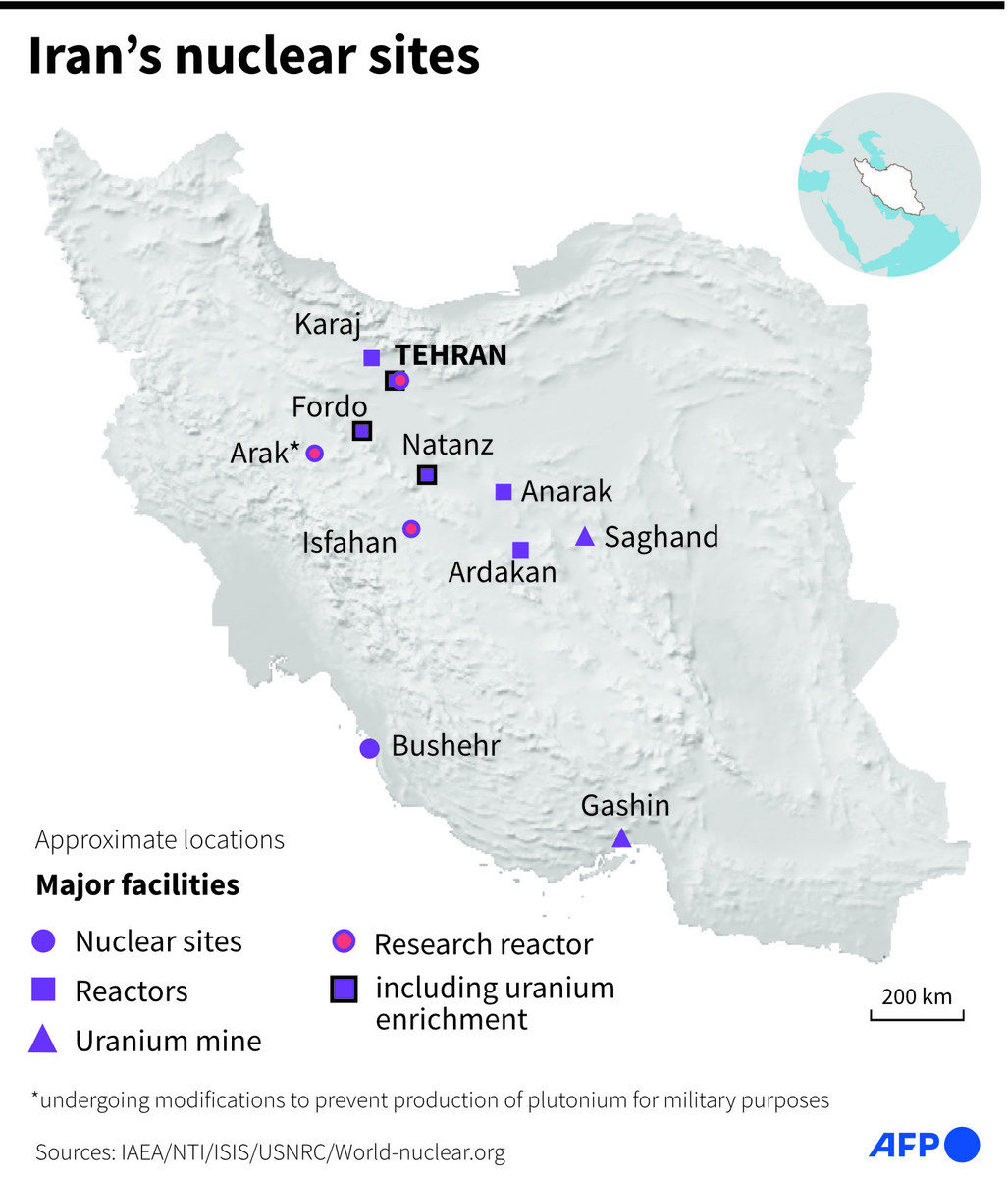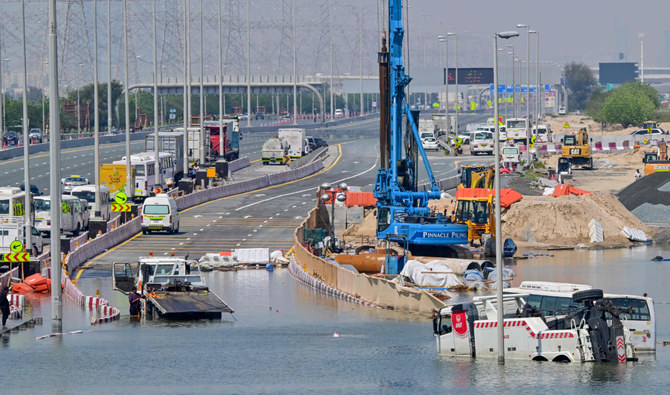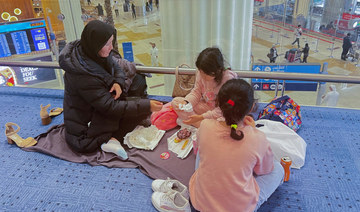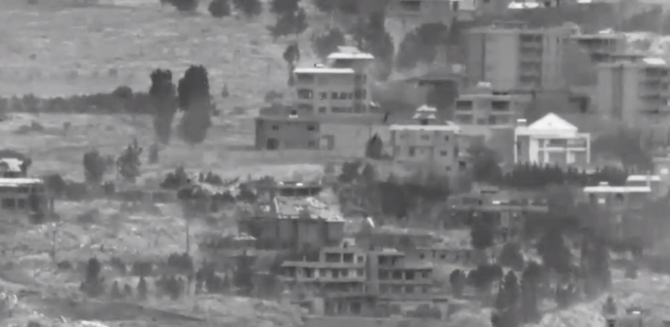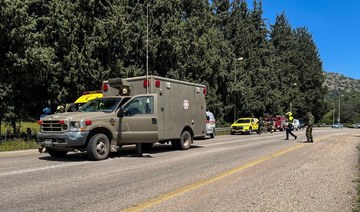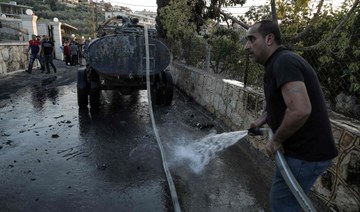DUBAI, LONDON: COVID-19 has been a disaster for the hospitality sector, shutting restaurants, bars and cafes for months on end, devouring their profits and causing many to close down for good.
One of the few silver linings of the pandemic cloud, however, is the substantial reduction in food waste and the rise of a more conscientious approach to consumption.
Across the Middle East and North Africa region, the signs are promising, at least for now. A survey of 284 people in Tunisia conducted by the US-based National Center for Biotechnology Information (NCBI) this year found 85 percent of respondents discarded no household food waste, while a majority said they had devised a strategy for saving, storing and eating leftovers.
“Changes in food waste prevention might be driven more by the socio-economic context of the COVID-19 lockdown, such as food availability, restricted movements or loss of income than by a pro-environmental concern,” the NCBI said in its study.
It is no secret that GCC member states are among the highest waste-generating countries per capita in the world. However, in the UAE, the volume of food waste fell in 2020 once the biggest food wasters like hotels closed up their kitchens. Households also changed their shopping habits, buying only what they needed and saving what they could not finish.
“During the lockdown, many of us have been experiencing self-reliance. We have reassessed the value of our comforts that we usually took for granted,” said Ivano Iannelli, chief executive of green economy think tank Dubai Carbon.

Some employers have chosen to cut salaries to help weather the economic storm, which has forced families to reduce their daily consumption by cooking in more and storing their leftovers.
Food retailers in the GCC region have done rather well out of the pandemic, with many more customers ordering groceries to their door, according to a 2020 report by US sales intelligence firm Altios International Inc.
Consumers have also started buying more essential items in bulk to avoid regular trips to the store, the data suggests. “In the UAE, the snacks category has been steadily growing and is expected to see marked growth as consumers stay indoors during the COVID-19 outbreak,” the report said.
Two UAE residents interviewed by Arab News exemplify the popular embrace of the digital marketplace. May Adel, an e-commerce account executive, said she has completely shifted to online grocery shopping since the pandemic began as she finds it safer and more convenient.
Zaheda Muntazir, social media marketer, said: “I have started to shop online more, especially grocery delivery, as it is easier especially during this critical time.”
Of course, the real world of consumption is more complicated. Preeti Bisht, an organic waste management and compostable food packaging specialist, says many people have reverted to their older shopping habits now that the more stringent lockdown measures have been lifted. Nevertheless, owing to a general climate of financial insecurity, customers appear far more aware of their monthly expenses.
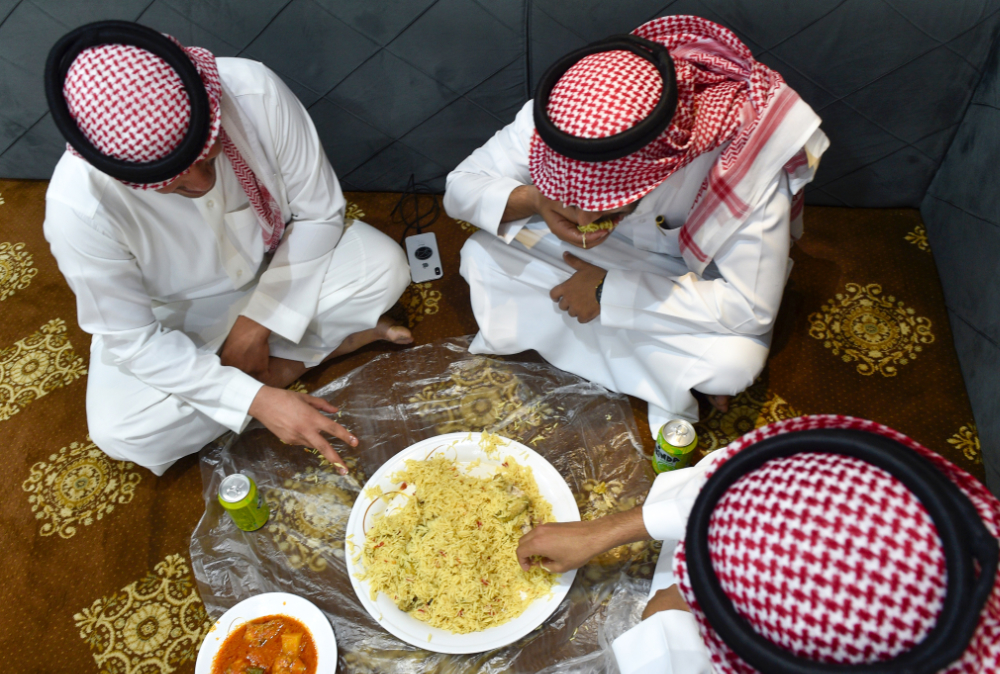
In Saudi Arabia, approximately 33 percent of food is wasted. (AFP)
“Most people buy weekly groceries, which are well listed before visiting the supermarket to avoid unwanted stuff,” she told Arab News.
Additionally, social-distancing rules have made family gatherings far less common this year, which has helped reduce the associated waste of laying on big spreads at holiday time. “It is believed that, during Ramadan, food waste is double the normal level,” said Bisht.
“As per conservative estimates, around 15-25 percent of all food items purchased or prepared during Ramadan find its way into the garbage bin before being used or consumed.”
In Saudi Arabia, approximately 33 percent of food is wasted, costing the country $10.6 billion per year, according to a study by the Saudi Grains Organization.
“To my knowledge, the Kingdom has the maximum food waste in the Middle East region. They generate an average of 427kg of food waste per capita annually,” Bisht said.
To be certain, the problem of food waste is a global one. The UN Food and Agriculture Organization (FAO) estimates around a third of the world’s food is being wasted — equal to approximately 1.43 billion tons every year.
Similar are the conclusions of a 2020 report by Deloitte, the professional services network, which not only shows that 33 percent of food produced globally is wasted but expects this figure to rise over the course of the pandemic.
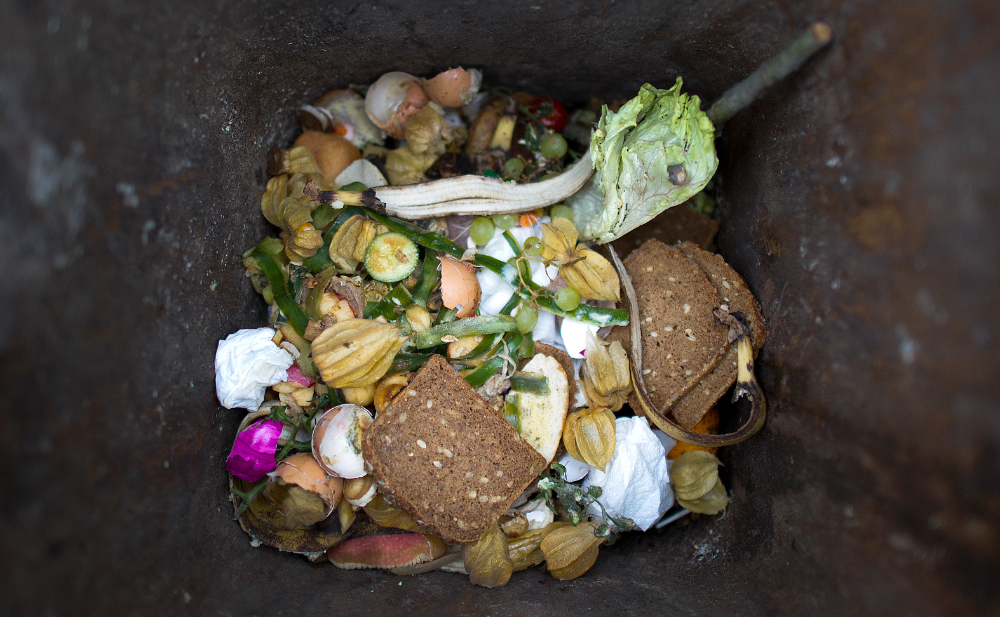
33 percent of food produced globally is wasted. (AFP)
“(This is) due to catering industry companies that need to get rid of expired food products, food production companies that are forced to switch their portfolio from out-of-home products to food retail products and (unnecessary) food hoarding by consumers,” the report said.
The Dubai Municipality said this year that global food waste costs around $1 trillion each year, and approximately $410 billion annually to dispose of. As for people in the UAE, it said they purchase an “alarming amount of food” that is surplus to requirements.
Iannelli of Dubai Carbon says food-waste reduction is beneficial from both “upstream and downstream” ends. Less waste ultimately means lower production, which implies consumption of fewer resources like water, energy and transportation, resulting in lower emissions.
The moral and ethical dimensions of the issue cannot be glossed over either given that almost one billion people worldwide are experiencing hunger. “If only one quarter of the food wasted was saved, it would feed about 870 million hungry people across the world,” Dubai Municipality said.
In Yemen, more than 20 million people are food insecure and 13 million require World Food Programme (WFP) assistance to meet their daily needs, according to a 2020 WFP report. “Another three million people are at risk of worsening hunger as coronavirus sweeps unchecked across Yemen,” it said.
Food deliveries may be part of the more frugal approach to consumption, but it is not entirely free of waste. Mishandled or delayed meals can be rejected and end up in the trash. Prank calls for fake orders can also result in waste, the FAO says.
Companies are also at fault for encouraging food waste through special offers, says Ryan Ingram, founder of UAE-based TerraLoop Food Waste Consulting.
“If online outlets are offering multiple bargains — buy one get one free and larger portion sizes etc. — then there may tend to be over-purchase and therefore more waste,” he told Arab News.
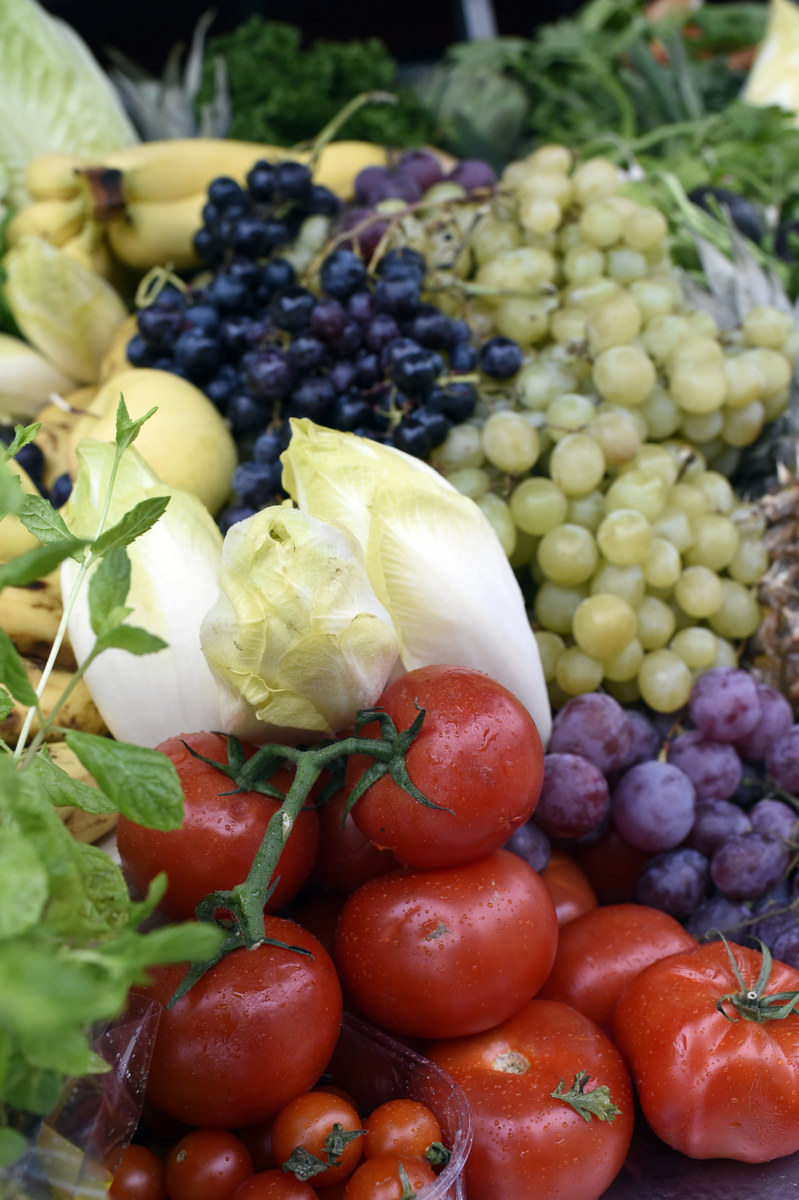
Because of the coronavirus, consumers have also started buying more essential items in bulk to avoid regular trips to the store. (AFP)
Leftovers tend to find their way into the trash as takeaway food often has a shorter shelf life than home-cooked meals, Ingram said.
Clearly, consumer habits in the Middle East will take time to adjust. Meanwhile, governments, international organizations and influential public figures can do their bit.
The issue of reducing food waste is highlighted in the UN’s Sustainable Development Goals (SDGs), with Goals 2 and 12 calling for achieving zero hunger, and halving food waste and reducing food loss by 2030, respectively.
“Food loss and waste is an ethical outrage. In a world with enough food to feed all people, everywhere, 690 million people continue to go hungry and 3 billion cannot afford a healthy diet,” Antonio Guterres, the UN secretary-general, said in a message on Sept. 19, the first ever International Day of Awareness of Food Loss and Waste Reduction.
In the UAE, the National Committee for Reducing Food Waste and Loss has set up initiatives to help lower the rate of food waste by 15 percent by the end of 2021, according to a report by the business news agency Zawya.
“We have a habit of excess that we need to restrain,” Abu Dhabi Crown Prince Sheikh Mohamed bin Zayed told an online Ramadan majlis in May. “If this excess or overspending is for a good cause, like charity, it is good and we support it, but overspending for no reason is bad.”
With luck, mass vaccination campaigns should draw the curtain on the coronavirus pandemic by the middle of 2021, allowing the hospitality sector to flourish once again. But experts believe the pandemic-driven shift to online retail from brick-and-mortar stores is likely to continue. Only time will tell whether the trend will also lead to a lasting culture of conscientious food consumption.
Twitter: @farahheiba94



